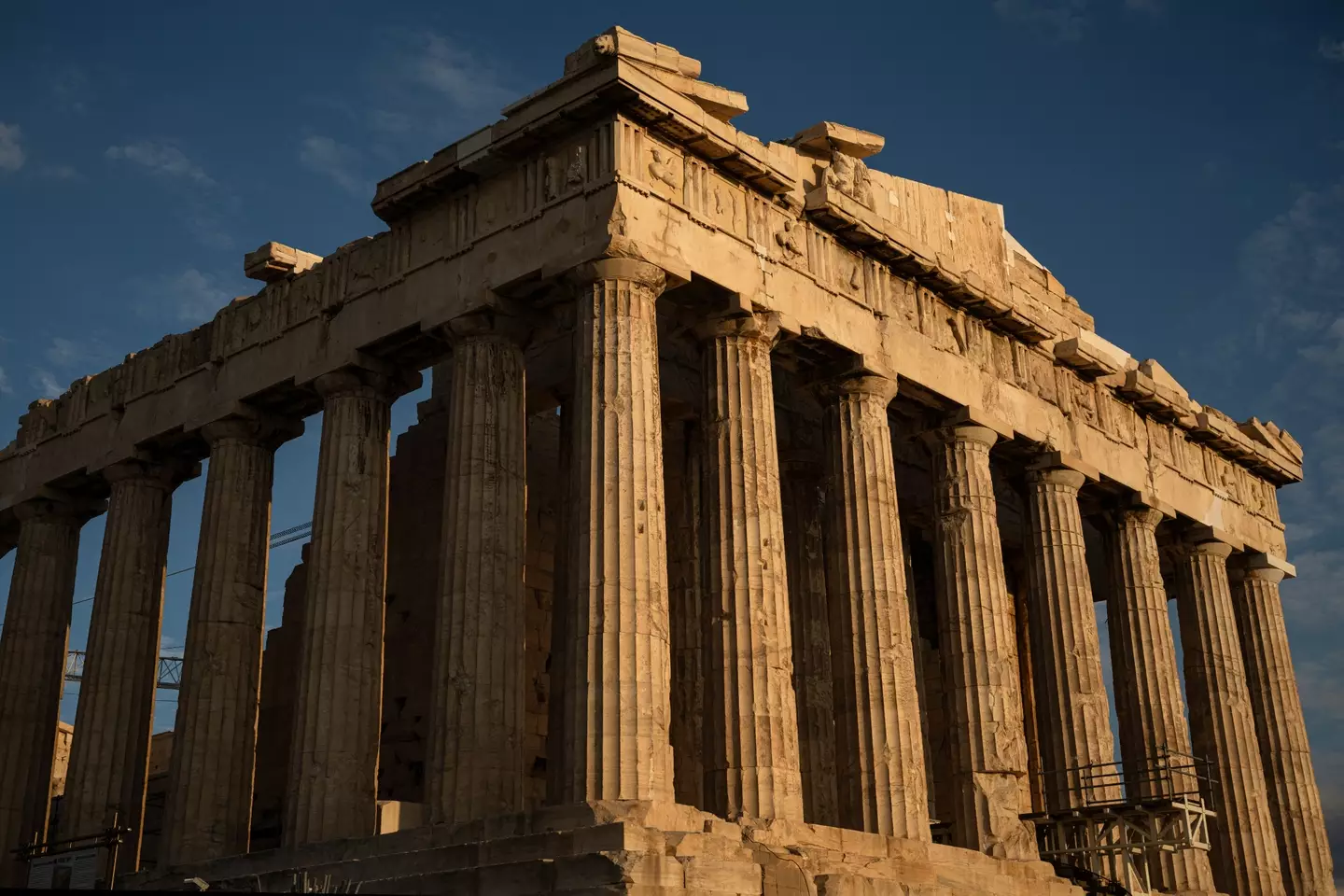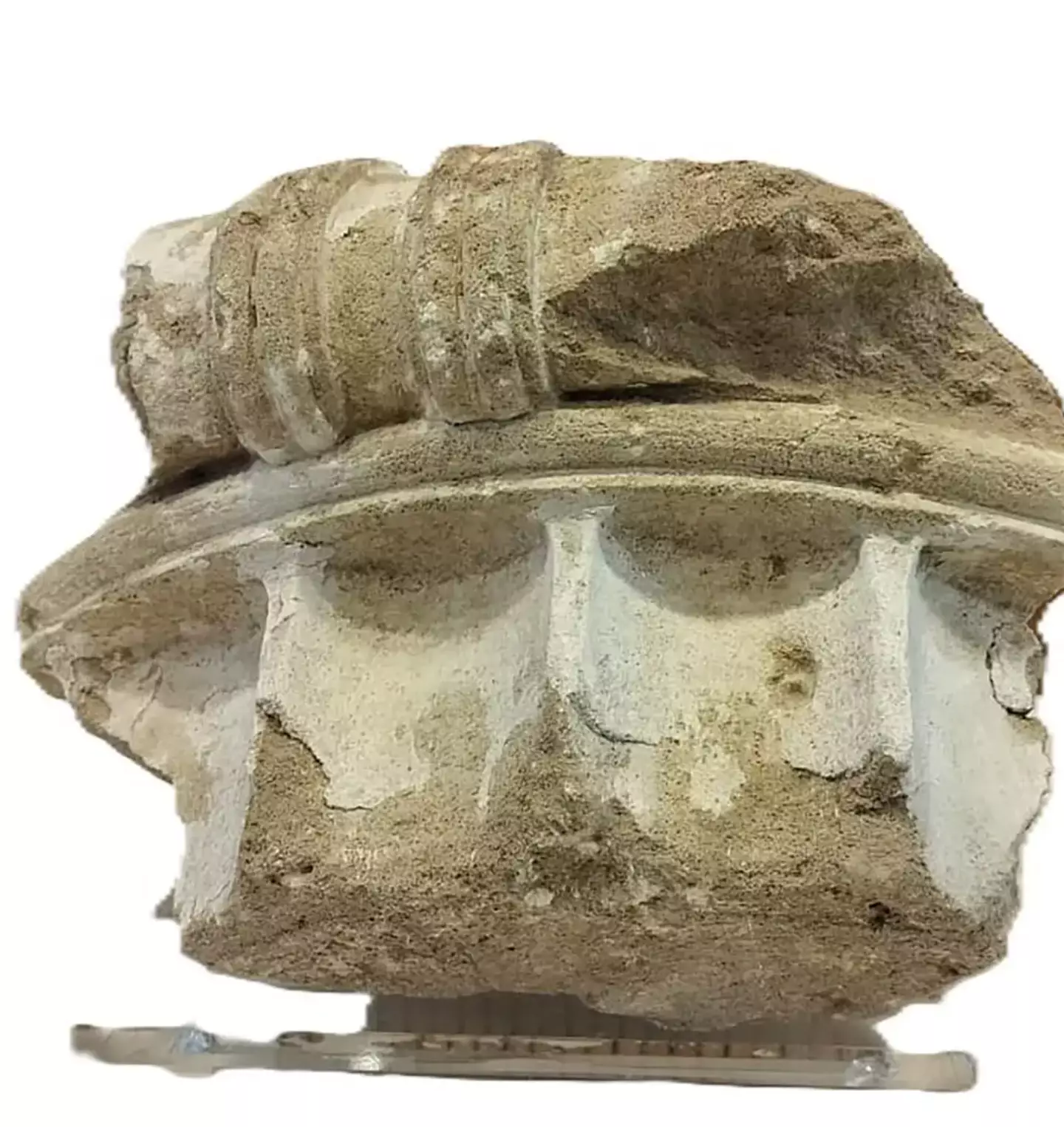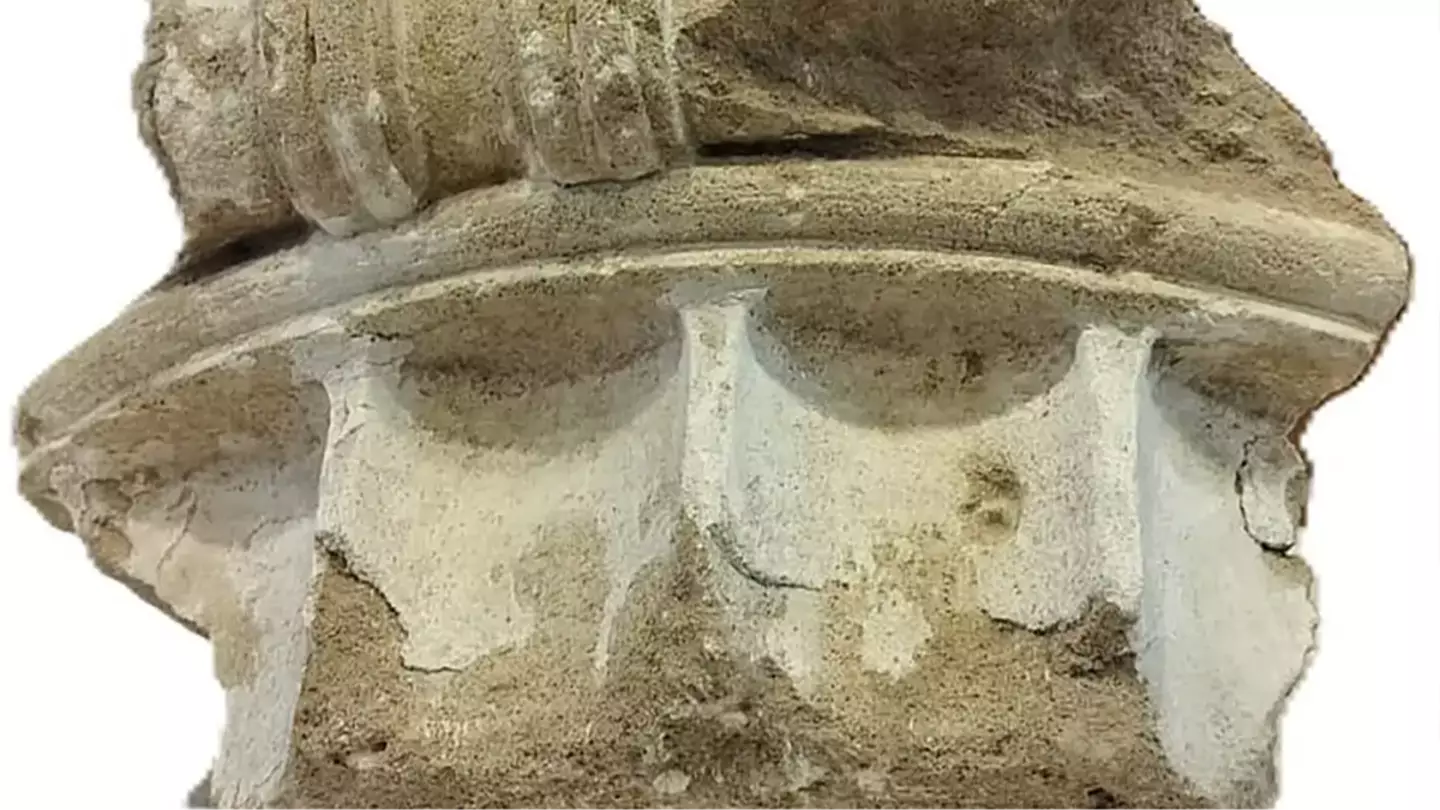A traveler who took a historic Greek artefact approximately five decades ago has returned the piece to its rightful home.
An anonymous woman removed the 2,400-year-old artefact during the 1960s from a 4th-century BC guesthouse named the Leonidaion, located in Ancient Olympia, the origin of the Olympic Games.
She retained possession of the artefact for many years before choosing to return it, eventually handing it over to the University of Münster in Germany.
The university facilitated the restitution of the artefact, a limestone Ionic column capital, which measures nine inches tall and 13 inches across.
Greek authorities were pleased to receive it last week and showcased it to both the nation and the world at a ceremony at the Ancient Olympia Conference Center on Friday, October 10.

In an official statement, Greek representatives expressed their gratitude: “The repatriation of the capital was made possible thanks to the sensitivity and courage of a German woman, who had owned it since the 1960s, after collecting it from the Leonidaion area during a visit to the site.
“Motivated by the recent returns of important antiquities from the University of Münster to their countries of origin, she decided to hand it over to the University, with whose valuable contribution it was returned to Greece and Ancient Olympia.”
Officials elaborated on the historical significance of the Leonidaion.
They stated: “The Leonidaion, named after its donor Leonidas of Naxos, is located outside Altes, in the southwestern part of the sanctuary of Olympia. It is the largest building in the sanctuary in terms of area, with characteristic Ionic arcades on the outside on all four sides.
“It was erected in the second half of the 4th century BC and served as accommodation for prominent visitors to the sanctuary.”

The woman was inspired by the University of Münster’s actions in returning looted artefacts and decided to do the right thing by restoring this ancient piece of Greek history to its original owners.
While Greece has been without this treasured artefact for an extended period, Culture Secretary General Georgios Didaskalo has previously expressed the joy of reclaiming these historical items.
At a ceremony for the repatriation of a marble male head from Roman-era Thessaloniki, he remarked: “This is a particularly moving moment.
“This act proves that culture and history know no borders but require cooperation, responsibility, and mutual respect.
“Every such return is an act of restoring justice and at the same time a bridge of friendship between peoples.”

